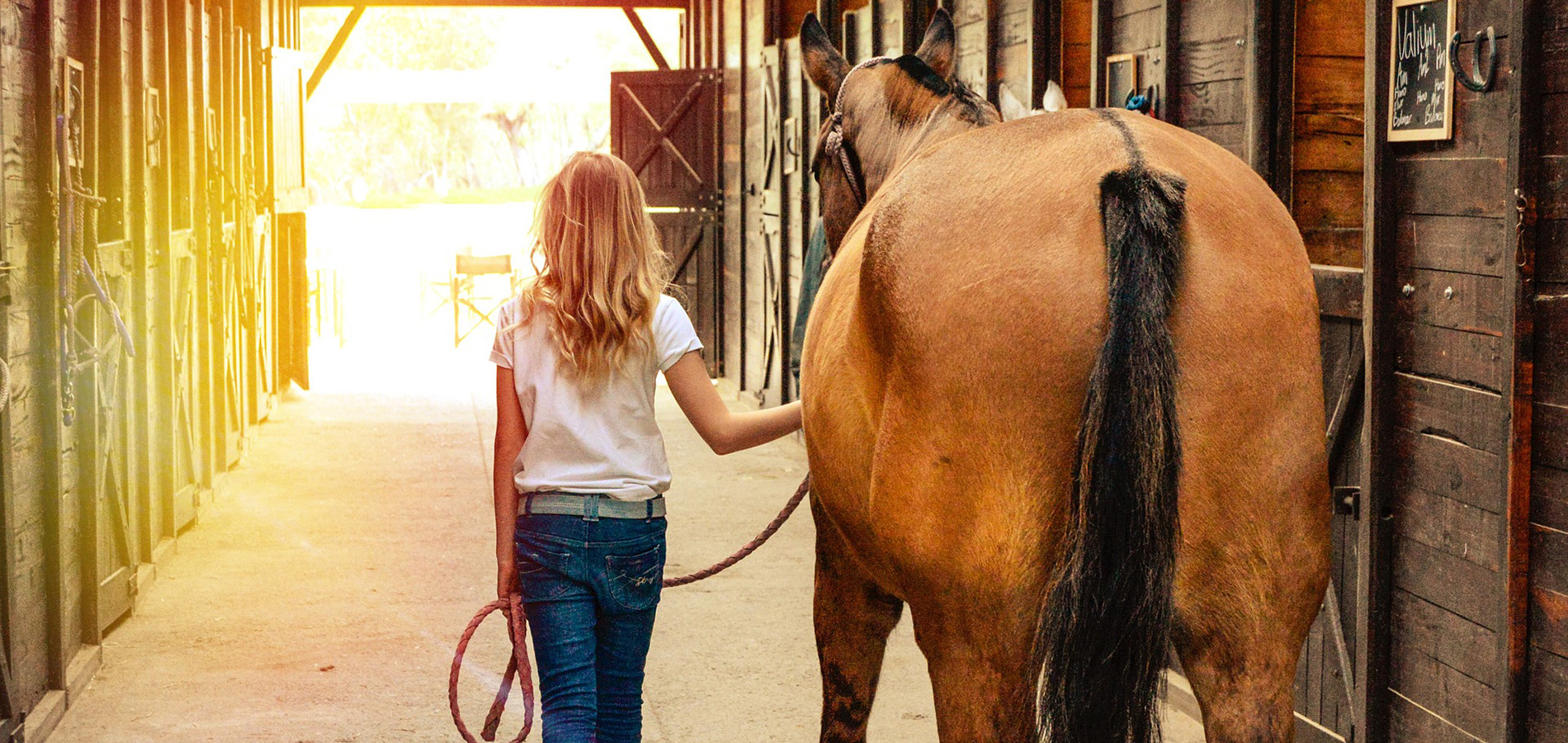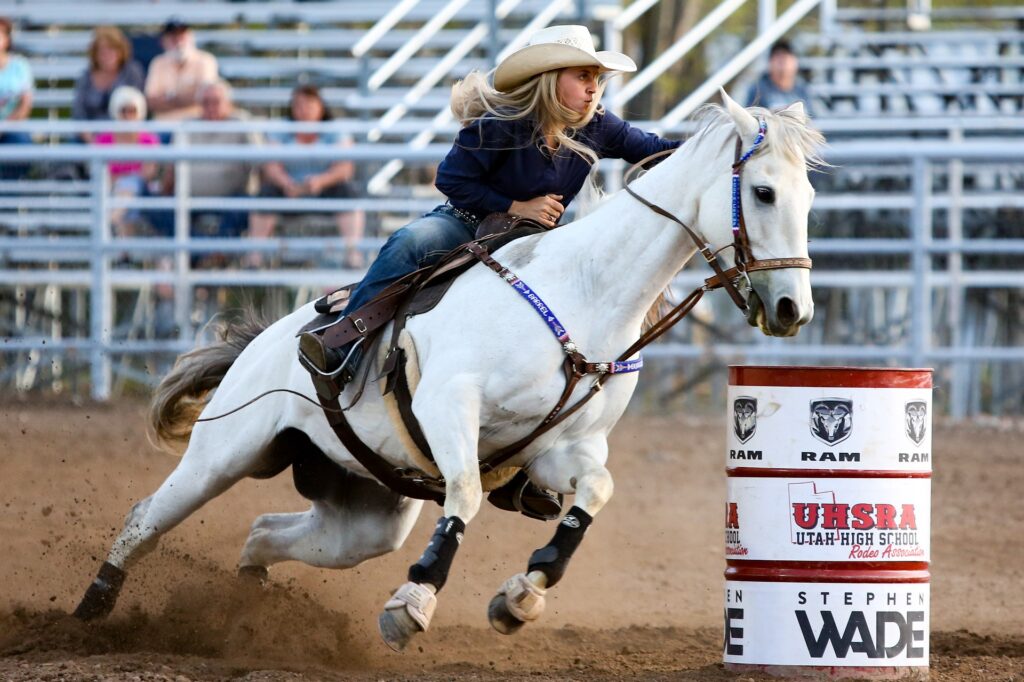Horse Owner Overview

Finding a home for your horse at the right farm is an important step in animal ownership, safety, and biosecurity. By visiting farms and learning about their husbandry practices, you will find a place for your horse where it can be healthy, stress-free, and safe.
The first step in choosing a home for your horse is to find a farm operation that matches your tolerance for risk. Horse activities are inherently risky, and there is a wide range of risk horse people are willing to take. Our guidance focuses on the steps the boarding farm and the client agree to take to reduce the likelihood that horse(s) will contract an infectious disease. These steps are often referred to as “biosecurity protocols.” Best practices are presented under each topic. Not all farm operations will choose to follow every best practice and you must honestly evaluate how you feel about their choices. Similarly, if you feel the farm’s rules are too stringent, you may want to consider another farm.
When considering biosecurity protocols, the nature of how you interact with your horse and its pattern of travel is a good place to start. Do both of these match that of other horses at the farm? Do the horses at the farm spend most of their time at home, or do they often travel long distances to large shows? If your horse never leaves the farm, it is important to choose a farm where many of the horses do the same to reduce the number of potential exposures to disease-causing organisms (pathogens).


Implementing New Biosecurity Plans
While new biosecurity guidelines can seem like an obstacle, recognize that they are put in place to protect your and your horse’s health and safety. Ask the barn manager if anything is unclear. Work toward incorporating the new practices into your daily barn routine. If other horse owners are not following the biosecurity guidelines properly, gently remind them.
Biosecurity Plans Key Point
- Incorporate biosecurity protocols into your daily barn routine.
Education and Announcements
As an owner, take initiative and learn about biosecurity protocols. Not only will this reduce risks for your horse, but it will also create a healthier environment for you and other people at the barn. Stay up to date on emerging infectious diseases or current outbreaks in your area. Good websites to follow are the Equine Disease Communication Center (EDCC), Animal and Plant Health Inspection Service (APHIS), and the American Association of Equine Practitioners (AAEP). If your barn manager provides any biosecurity information, make sure to read it and follow any new guidelines. If there is anything that you don’t understand, ask the barn manager or your veterinarian.
Education Key Point
- Research biosecurity protocols and disease risks in your area.
